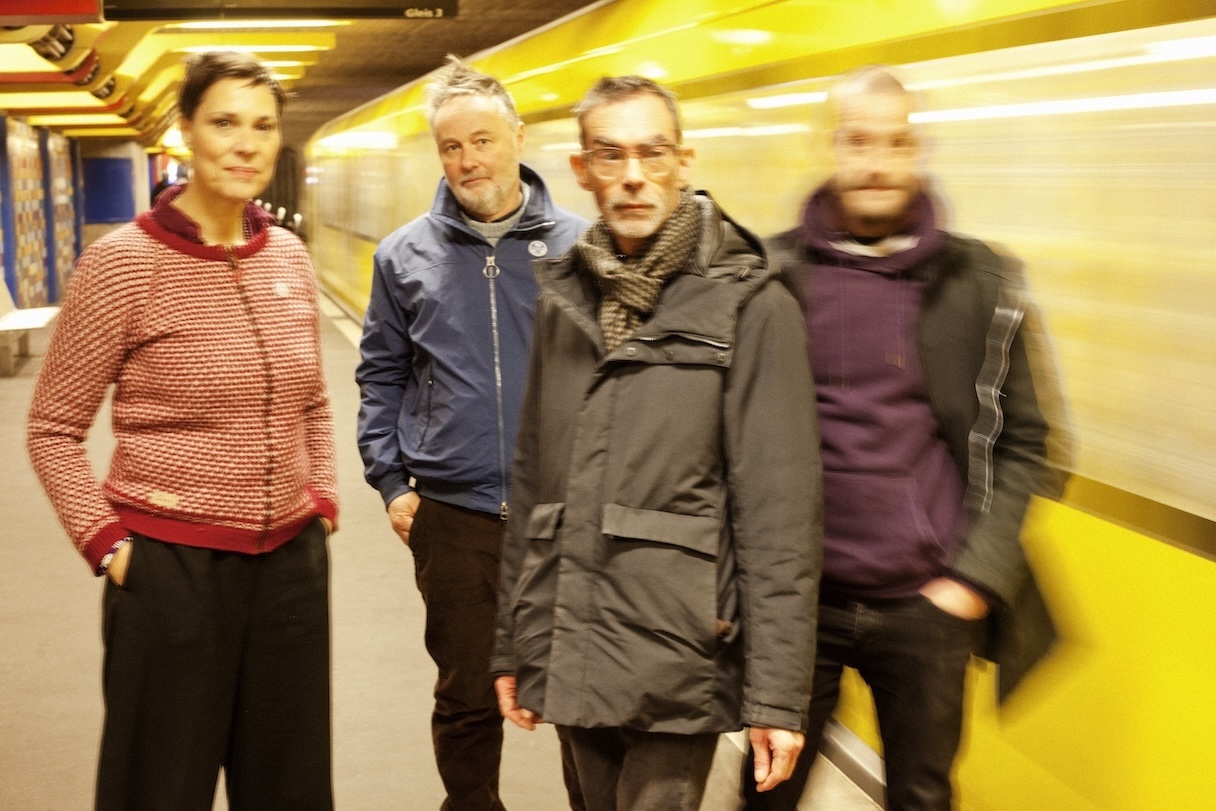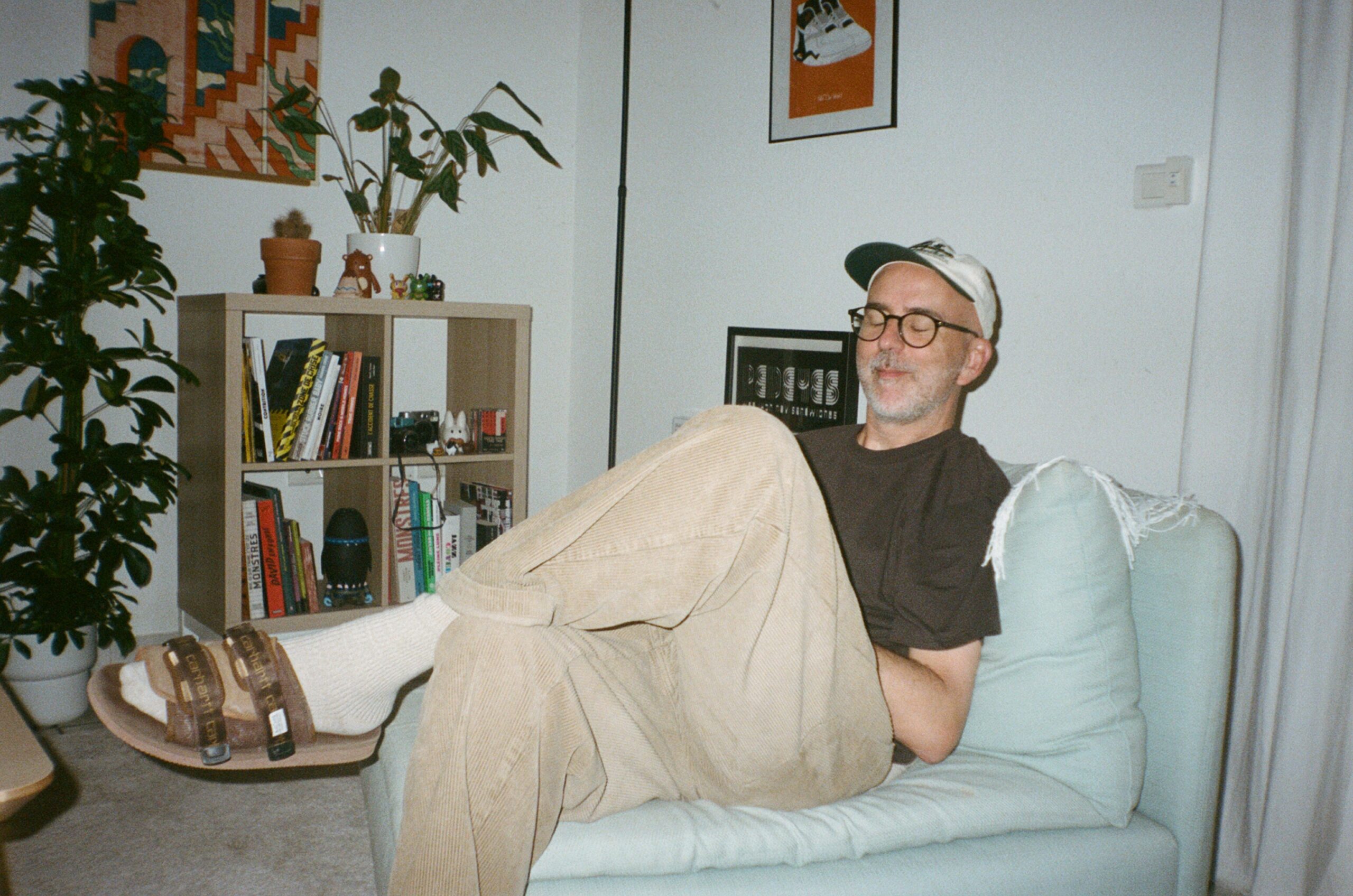‘Yes’ Review: Ferocious, Confrontational Drama Takes Aim at Post-Oct. 7 Israel
Cannes 2025: Nadav Lapid's film is a tortured film about a tortured artist, and it's meant to torture its audience The post ‘Yes’ Review: Ferocious, Confrontational Drama Takes Aim at Post-Oct. 7 Israel appeared first on TheWrap.

You’d have to look far and wide to find a film as aggressively confrontational as “Yes.”
Director Nadav Lapid wouldn’t have it any other way – staging his latest feature as a wail against his audience, his country, and above all, himself. Premiering at the tail end of Cannes’ independent and more outré Director’s Fortnight sidebar, if only because a film this incendiary might have burned up the whole Palais, “Yes” takes aim at post-Oct. 7 Israel, relaying civic dissent through primal screams.
Now living in France, the filmmaker has made national identity his chief artistic concern, wrestling with similar questions in his Berlin winner “Synonyms” and his Cannes acclaimed “Ahed’s Knee,” though never with the same ferocity he brings out here. One need hardly ask what changed in the years since Lapid last picked up a camera – a shift the filmmaker emphasizes by giving his lead character a child born on Oct. 8.
Y (Ariel Bronz) and Yasmin (Efrat Dor) are the unconventional parents. Though he’s a musician and she’s a dance teacher, the two supplement their income as performative hustlers for Tel Aviv’s moneyed elite. They hoof it at the city’s finest parties, putting on a show for all to see before heading home with whomever’s paying – a process the film tracks over the course of an extended, musical opening sequence that plays as the most garish and frenzied foot parade you ever did see. Nobody’s having any fun here, least of all the director himself, but he is a gifted showman, so he’s got to put those talents to use… somehow.
That’s par the course for a filmmaker who has always sought to dramatize his own internal conflict – and who has found no small measure of success doing so. Moreover, Lapid’s prior attempts to disentangle his moral and artistic identity from his nationality have only turned him into Israel’s most lauded contemporary director, and, not incidentally, an ongoing beneficiary for state funding for each new film. When caught in such a gordian knot, what else can a director do but film it?
And so, the filmmaker’s on-screen analog soon finds himself in a similar bind once asked to write music for a bloodthirsty ode to the Gaza campaign. Y doesn’t exactly support the state action – mostly he just keeps his head down, taking IDF press statements about limiting civilian casualties on face value before going back to Candy Crush – but the money at play could pay for three one-way tickets to a different life. He both wants and needs to work, so where do his allegiances lie?
From this central question spring an avowedly anti-narrative film – one more interested in relaying the turmoil of uncertainty than in resolving it. “Yes” is a tortured film, from a tortured artist, about a tortured man, meant to torture us with a kaleidoscope of anguish and a coterie of grotesques. Formally, the film nearly bursts at the seams, as Lapid’s camera spins fast and frantic and out-of-control, with the color contrast and soundtrack turned all-the-way up, keeping the film forever on assault mode.
The same could be said about the country itself, which makes the abrasive text an equally fascinating dispatch from the front. Or at least the beach bars and dance studios 40 miles from the front and a world away, though even here, turning up the music can’t quite tune out the bombs. Living with that cognitive dissonance is enough to drive a man mad – and when Y cracks, he flees Tel Aviv, reconnects with his ex-flame Leah (played by Lapid’s real-life spouse Naama Preis) and drives out to the desert to stare at Gaza head-on. Here, and only here, the camera stays mournfully still.
Grief has taken its toll on Leah as well. A professional translator hired by the state for hasbara, Leah relives the horrors of Oct. 7 day in and day out, in six languages, no less. Lapid argues that remaining fixed on that date while ignoring the destruction happening within the very frame will only lead to further horrors – but he doesn’t congratulate himself for his stance. Instead, he quite literally rains stones down on his onscreen analog in just one of many acts of cine-flagellation.
The post ‘Yes’ Review: Ferocious, Confrontational Drama Takes Aim at Post-Oct. 7 Israel appeared first on TheWrap.




![‘The Amityville Horror’ Is a Cautionary Tale About Selling Your Real-Life Horror Story [The Losers’ Club Podcast]](https://bloody-disgusting.com/wp-content/uploads/2025/05/amityville-horror.jpeg)














































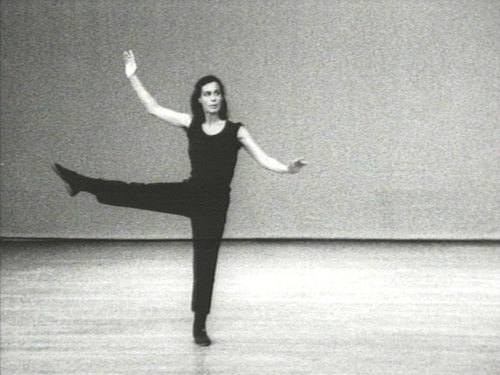
![Hit or Myth [WACO: THE RULES OF ENGAGEMENT]](http://www.alamoministries.com/content/english/images/waco.jpg)
![Fascinating Rhythms [M]](https://jonathanrosenbaum.net/wp-content/uploads/2011/04/m-fingerprint.jpg)
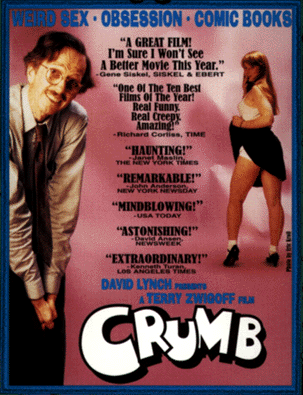





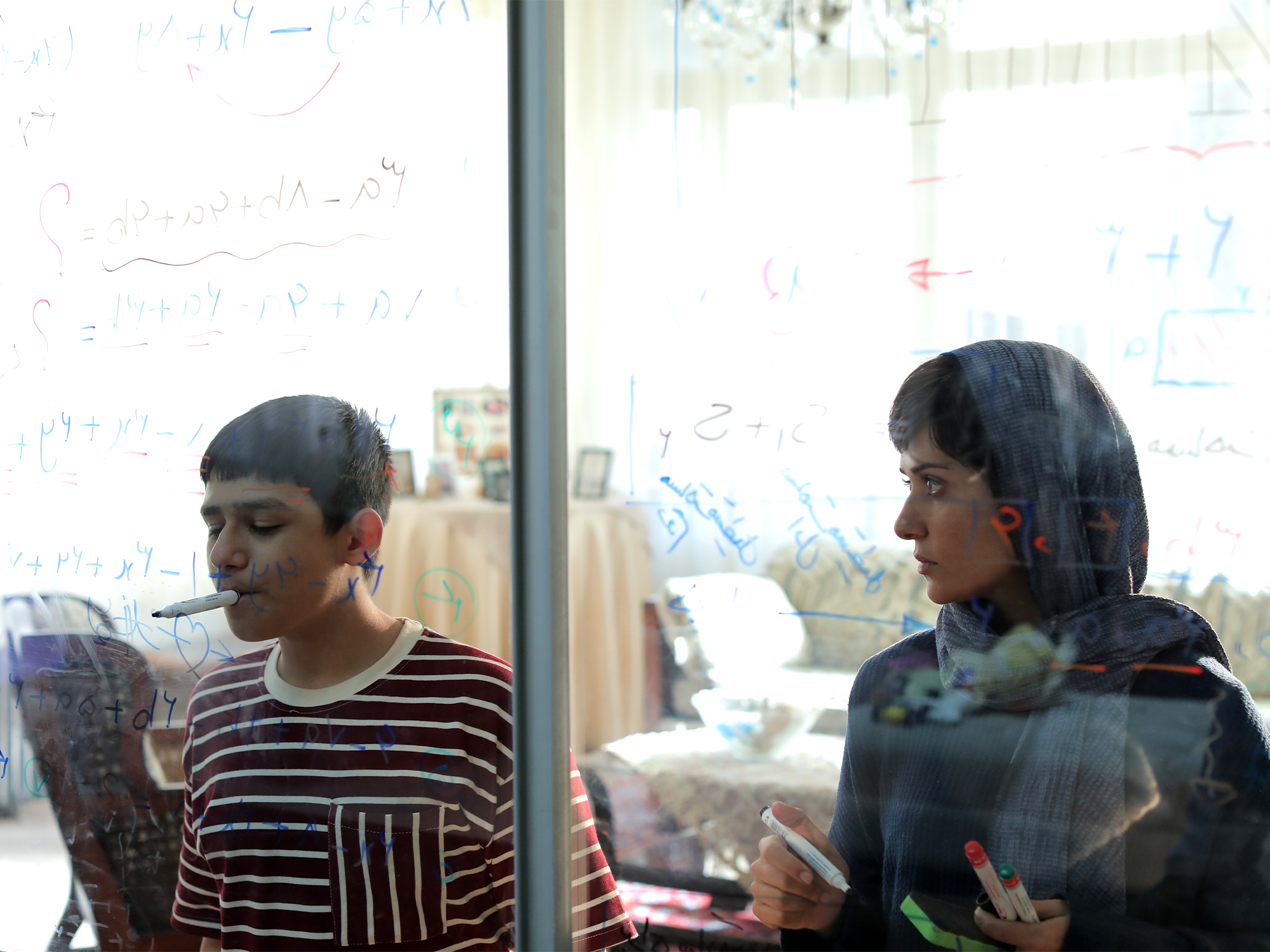













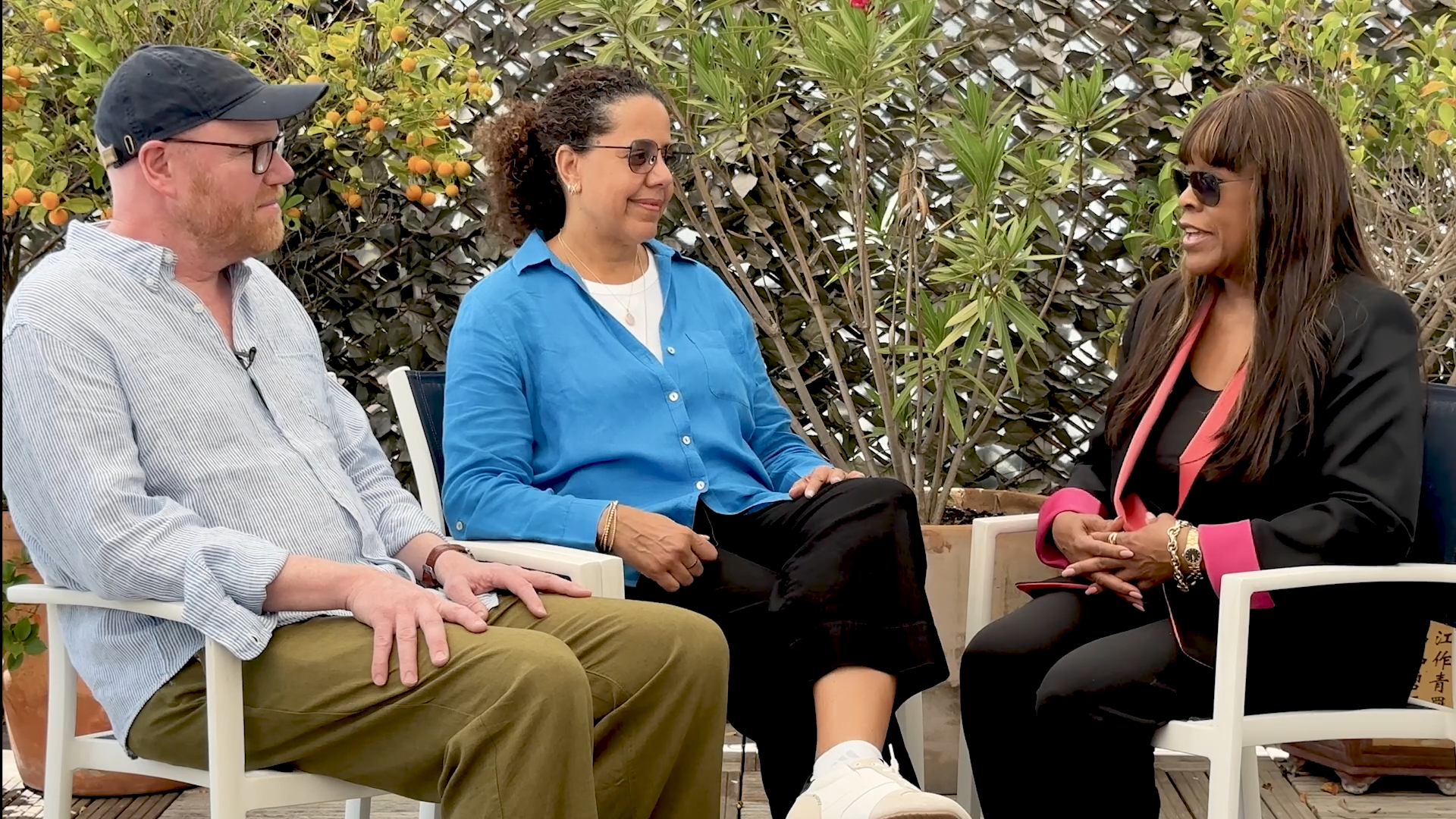




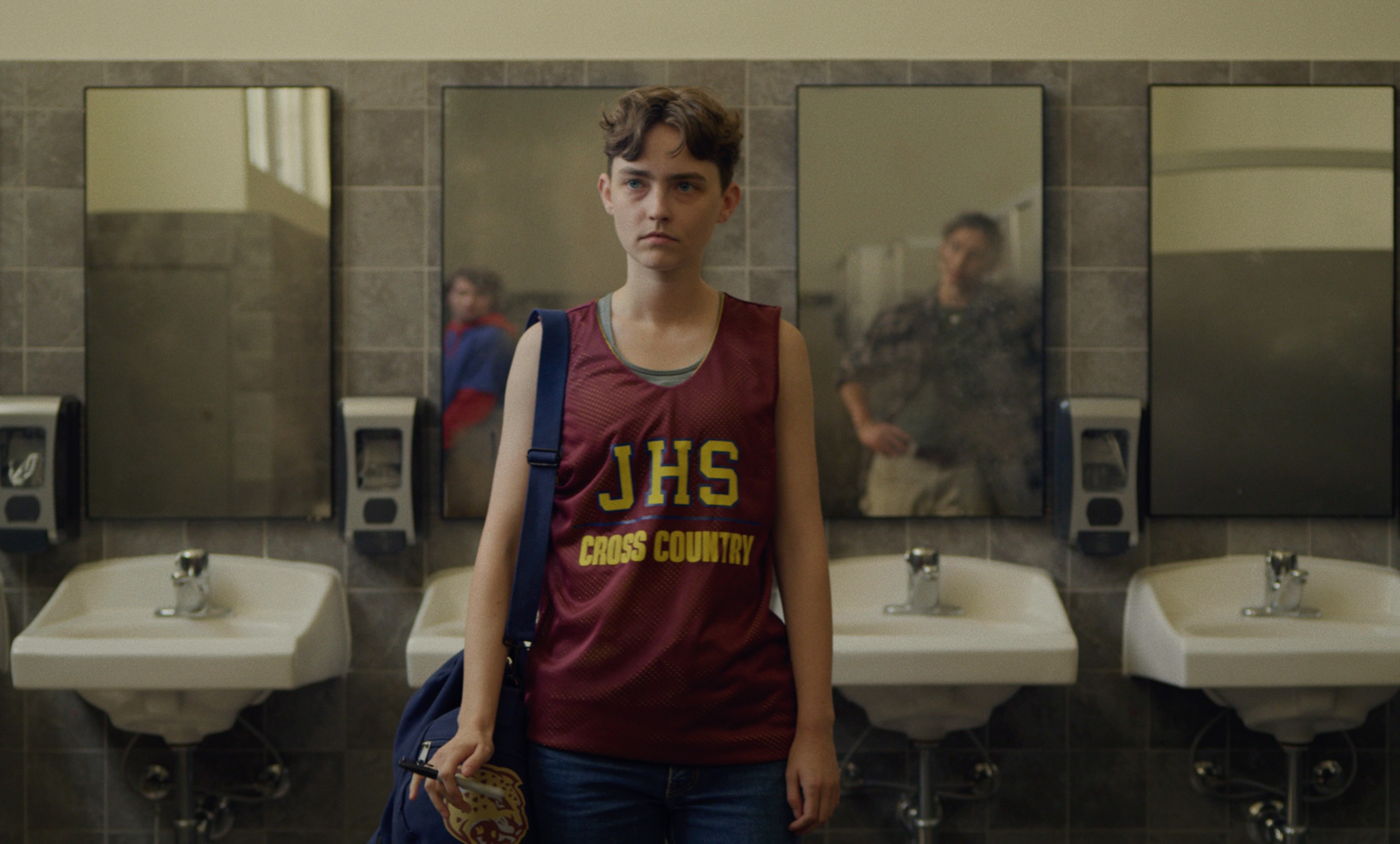


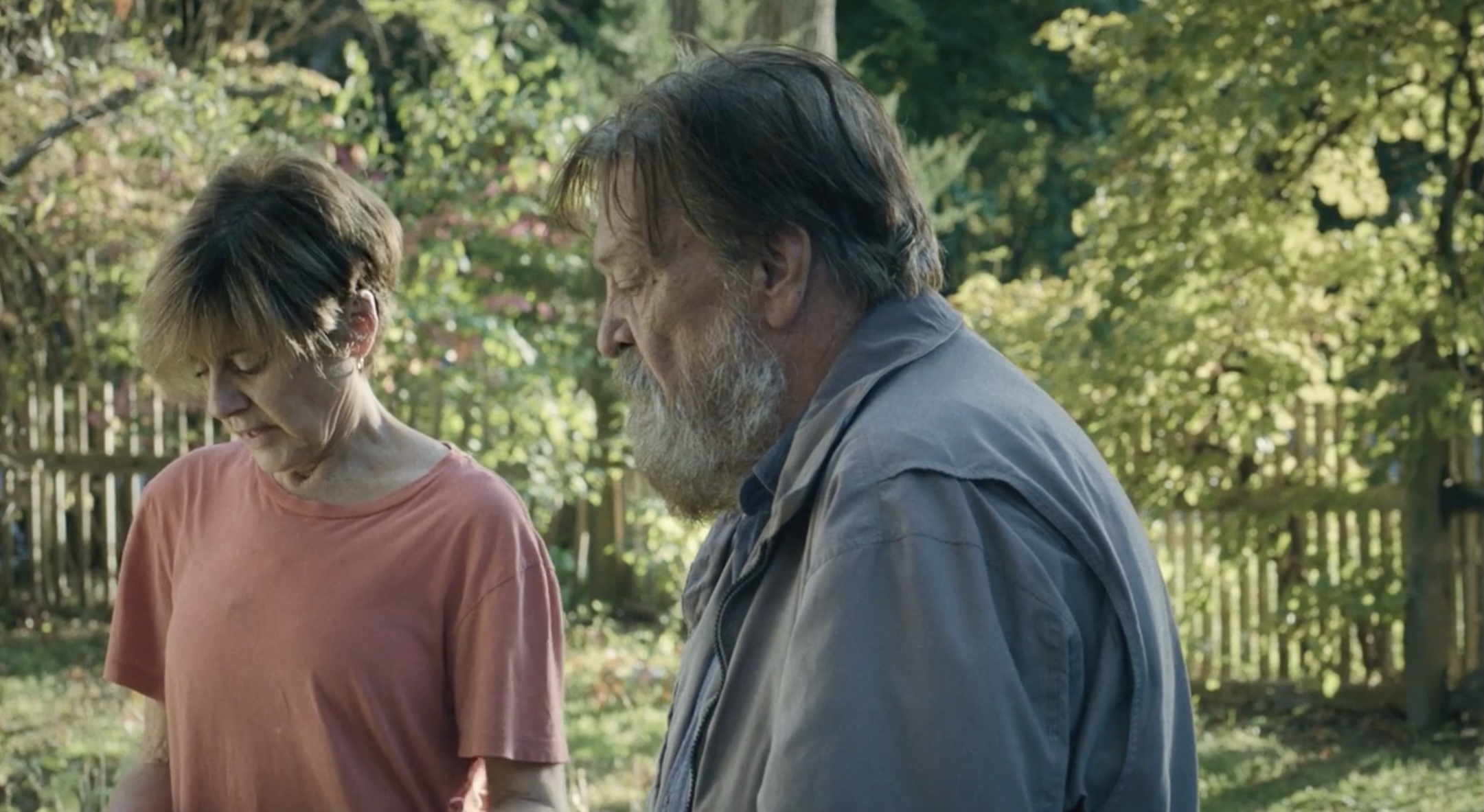
















![‘Sirât’ Review: A Father Searches For His Daughter As The World Begins to Crumble [Cannes]](https://cdn.theplaylist.net/wp-content/uploads/2025/05/22062108/Sirat1.jpg)
![‘The Mastermind’ Review: Josh O’Connor Leads Kelly Reichardt’s Scruffy, Anti-Heist Tale Of Art, Apathy & American Decay [Cannes]](https://cdn.theplaylist.net/wp-content/uploads/2025/04/30224851/Mastermind_Promo_04.08.28.01.jpg)
![‘Honey Don’t!’ Review: Margaret Qualley Sleuths, Seduces & Struts Through Ethan Coen’s Shaggy, Lesbian Noir-Comedy [Cannes]](https://cdn.theplaylist.net/wp-content/uploads/2025/05/07061217/4232_D013_00977_R.jpg)
![‘Friendship’: Andrew DeYoung On Tim Robinson, Paul Rudd, & The Wildest, Cringiest Buddy Comedy Of The Year [The Discourse Podcast]](https://cdn.theplaylist.net/wp-content/uploads/2025/05/22133754/FRIENDSHIP-Poster.jpg)
































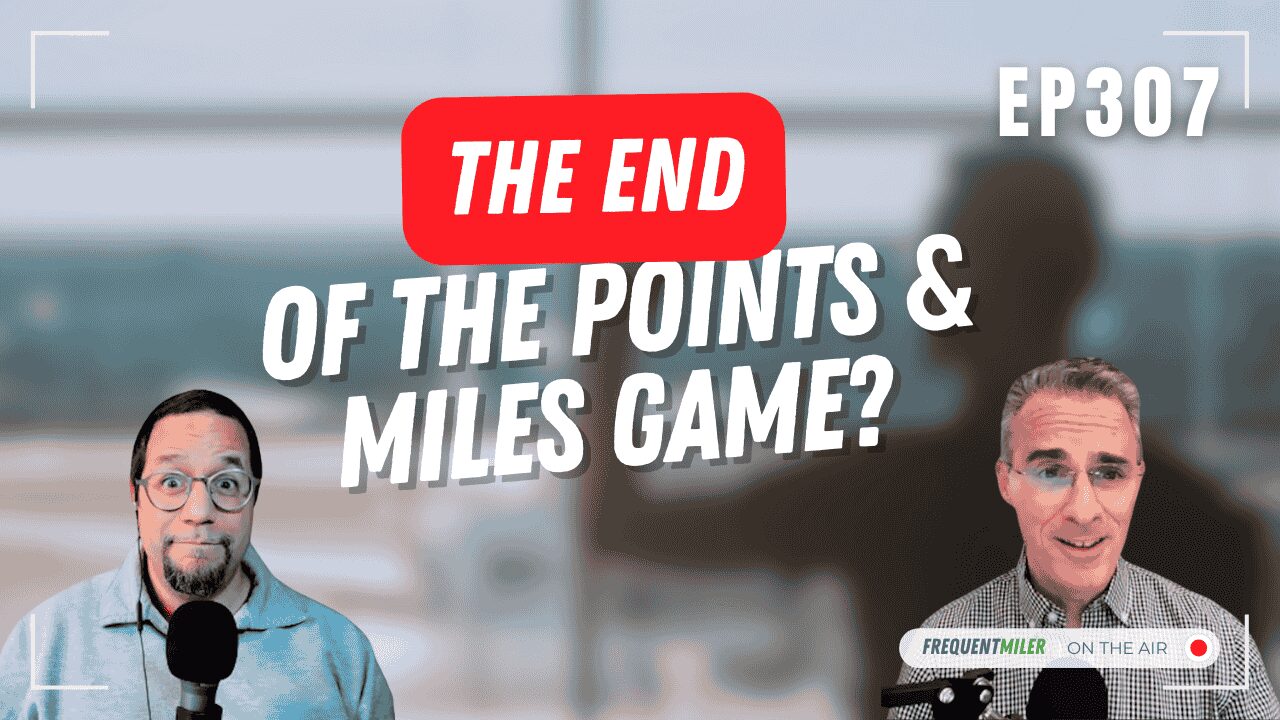

![Rainstorms or rainbows? Motivation to strike while the iron is hot [Week in review]](https://frequentmiler.com/wp-content/uploads/2025/05/Rainstorms-or-Rainbows.jpg?#)
























































































-1-52-screenshot.png?width=1920&height=1920&fit=bounds&quality=70&format=jpg&auto=webp#)
















































































































































![[Podcast] Making Brands Relevant: How to Connect Culture, Creativity & Commerce with Cyril Louis](https://justcreative.com/wp-content/uploads/2025/05/cyril-lewis-podcast-29.png)


































































































